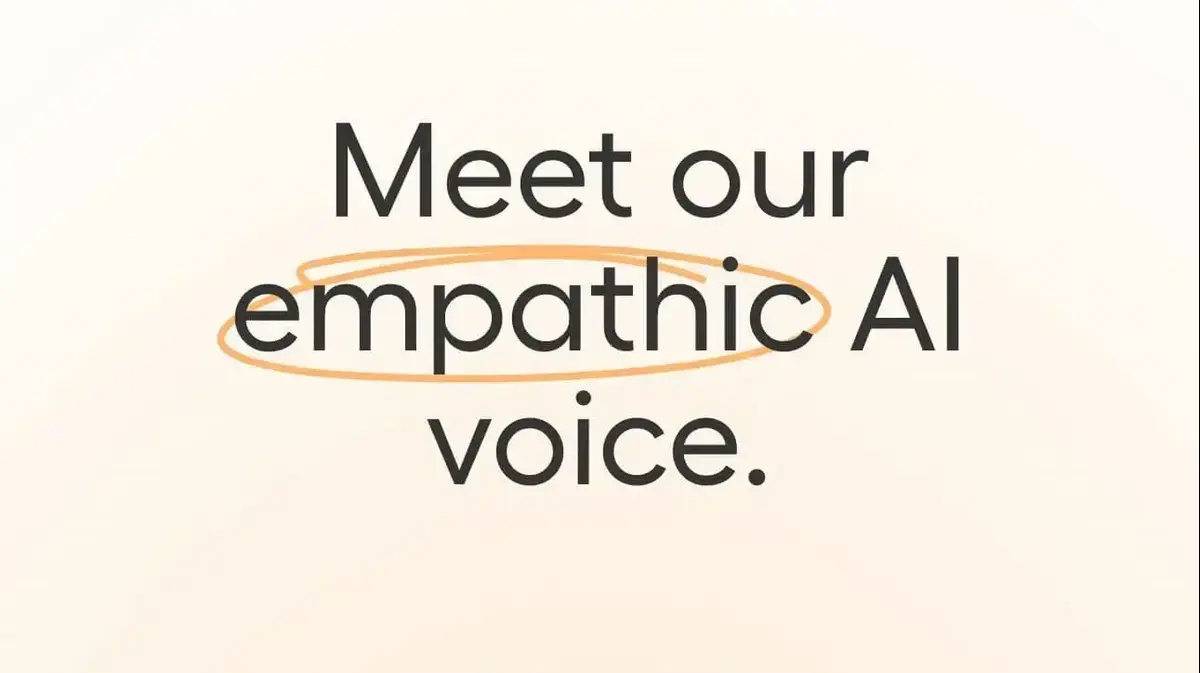Temporary Order: How do you help children develop empathy and sensitivity?
Empathic children knew how to better understand social situations and build intimate relationships in the future.
This is how you will help your children acquire this important skill
Daniel Sarantsky, in collaboration with JAMA
16/12/2021
Thursday, 16 December 2021, 06:00 Updated: 06:46
Share on Facebook
Share on WhatsApp
Share on Twitter
Share on Email
Share on general
Comments
Comments
One of the most important social skills for any person is the ability to develop empathy and sensitivity towards the thoughts or feelings of the other.
This skill can be developed in children from an early age, and the rewards for this are great: children with empathic ability will know how to understand social situations better, will be able to form social connections in the right way and in adulthood this ability will help them build intimate relationships.
Discovering empathy and sensitivity is an acquired skill that is grounded along with the development of cognition and sensitivity that needs to be practiced.
So how can you help your child develop empathy and sensitivity?
Dana Hovesh
, a certified parent counselor at the Adler Institute and the Ministry of Education, explains: To the
JAMA app
More on Walla!
Leave the mobile aside: why you should set a time without a phone when you are with the baby
In collaboration with JAMA
Teach the child to recognize his feelings
Teach the child to recognize his feelings from an early age and give legitimacy to the emotion.
This way the child will know how to express his emotion in words and less in crying, over time.
When you notice that the child is experiencing difficulty and frustration, turn to him and ask him, "Are you sad that you have to go home now?", "I see you're angry that he took your toy," or "I see, it's really, really annoying."
Through your empathy the children will learn how to talk to another person.
Brother and sister embracing (Photo: ShutterStock)
Show empathy for him
when children cry they express their feelings (sadness, anger, insult, frustration, etc.). While your child is crying and venting his emotion, do not be alarmed by the crying, approach him at eye level and give him a feeling that you understand him. Remember how pleasant and helpful it is when someone is with you and understands your heart when it is difficult for you. Try not to use phrases like "nothing happened", "you should not cry" and do not offer a phone call or a game to distract him. These behaviors ignore the child's emotions and may impair his ability to express emotions correctly.
Empathize with others
If the child has hurt another child, comfort the hurt child first. Go to him and tell him "I see you're sad" or "I see you are not comfortable". Then ask him calmly: "Do you think he is more sad or angry?", "If someone were to do X to you how would you feel?" And finally they asked him: "What do you think is worth doing? "
The last two sections are an example of using modeling - through empathy that emphasizes emotional behavior, the child will learn how to talk to another person.
Encourage the child to explore the emotional world through puppet play
A new British study has found that puppet play encourages children to create their own imaginary worlds and activates areas of the brain that evoke empathy.
Encourage the child to explore his emotional world through puppet play.
This is a unique opportunity for him to practice social interactions that are important for developing social-emotional skills.
Spend time developing these important abilities in your child, even if it is much easier to respond in other ways in the moment of truth.
Remember that your goal is to raise an empathetic child and she will prove herself both in the present and when he grows up to be an adult.
The Jama app was established with the aim of addressing mothers of babies from birth to age three, and centralizing for them content, activities, tips from experts and videos that will accompany them throughout this challenging period.
All the content in the app "grows" together with the baby and is precisely adapted to its developmental stages, so that the mothers receive only what is relevant to them and interests them at any given moment.
The Jama app is the place for mothers in Israel to meet and get to know other mothers around them, and create new and exciting friendships in the fascinating journey.
Search us on Google: https://app.jama.co.il/
health
New parents
Tags
parenthood
Mothers
Social skills





/cloudfront-eu-central-1.images.arcpublishing.com/prisa/7QU636FY4BGCHIYJHGSNPBQJWI.jpg)









/cloudfront-eu-central-1.images.arcpublishing.com/prisa/IGZ7GOCXZ5GUPAQ2HWGK6Z76BU.jpg)